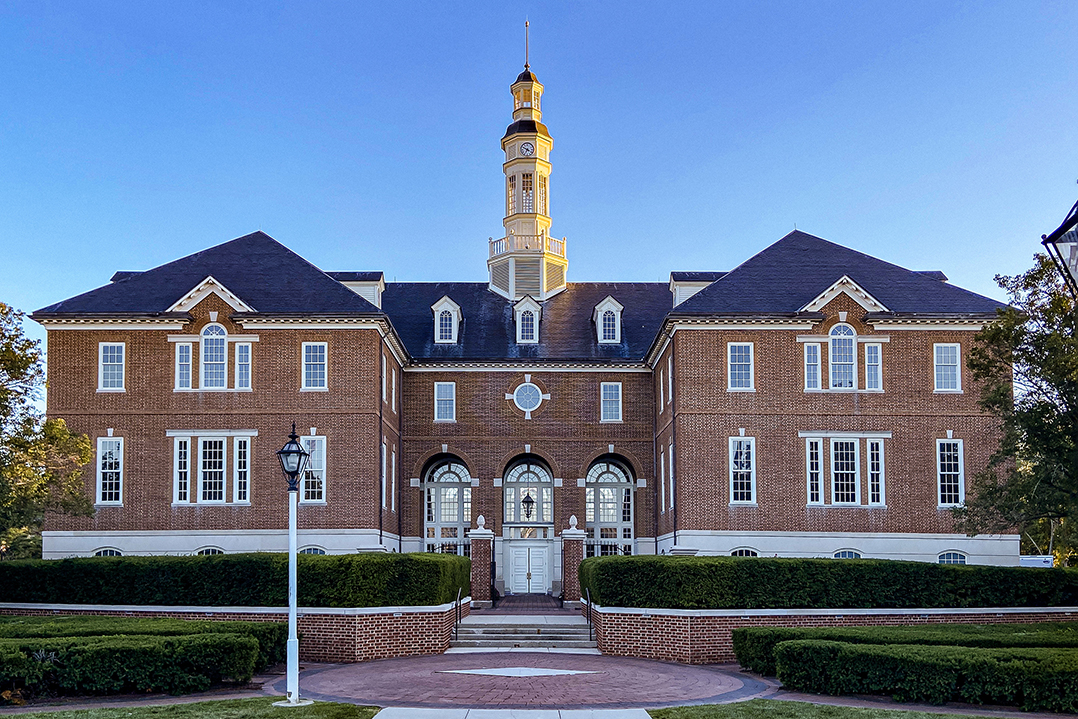The Carmel City Council’s land use committee voted 4-0 Feb. 7 in favor of a proposal that gives the council more oversight over park impact fees generated by Carmel Redevelopment Commission projects.
A park impact fee of $4,882 is generated for each new dwelling unit constructed in the city to be used by Carmel Clay Parks & Recreation to expand the park system for a growing population. But in recent years, the appointed Board of Public Works has increasingly waived the fees with an equivalent amount instead going to the CRC for the addition of urban park amenities. The council has no say on the waivers, also called credit agreements, under the existing ordinance.
The amendments approved by the committee would require the CRC to notify the council of the amount of park impact fee credits associated with a project it intends to use upon introducing the project. The council would have authority to approve the amount of funds the CRC may use.
In addition, all park impact fees and related credits would go into a newly created fund, and expenditures from the fund (other than CCPR using park impact fees unrelated to CRC projects) would need council approval, whether spent by the CRC or CCPR. The amendment also requires CRC and CCPR officials to communicate about proposed impact fee splits and expenditures from the fund before coming to the council.
CRC Director Henry Mestetsky relayed a proposal from city administration, submitted to the committee members less than 90 minutes before the meeting, that included creating separate accounts for CRC and CCPR impact fee funds, with park impact fees generated by redevelopment projects in the urban core being collected in the CRC account. Several committee members, however, said they did not support dividing the city into sections, and they voted in favor of creating a single account.
“This idea that you are dividing the city up by urban core, east and west, north and south is not palatable to most people living as citizens of the City of Carmel,” said councilor Anita Joshi, a member of the committee. “I understand the urban core is where projects are generated. That is because that is where we have been able to attract that development. But does that mean people who live in other areas of the city do not need or deserve to benefit from some of the growth, as they have also suffered from some of the growth?”
The full council will vote on the changes at a future meeting before sending it to the Carmel Plan Commission. The city council would take another vote if the plan commission makes adjustments.





